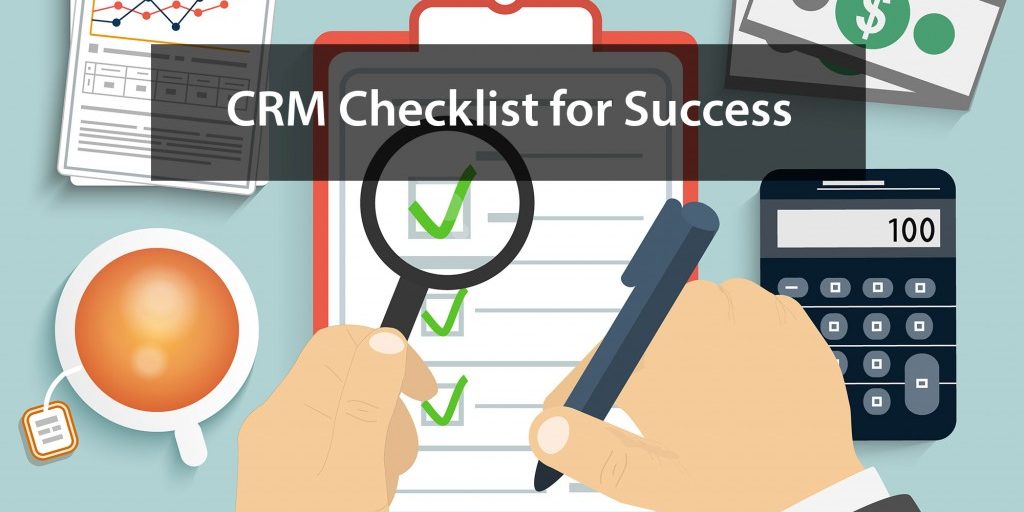Did you just spend thousands of dollars on a new and flashy CRM system, only to discover that it doesn’t solve the daily aches and pains that are holding your business back? You’re not alone. This happens all the time to businesses large and small – and it doesn’t have to.
Why Do CRM Implementations Fail?
 #1: So many features, but not the right ones
#1: So many features, but not the right ones
It may have gamification, a flashy interface and lots of features you never knew you wanted, but doesn’t actually offer the features you need in the day-to-day running of your business – such as order & project management. When choosing a CRM system, you need to go in with a plan. What business problems you are working to solve? Know your goals and make sure they are measurable. Then, choose a CRM software that can address those unique concerns.
 #2: The price is eating into your profits
#2: The price is eating into your profits
You’ve chosen a CRM system that exceeds what you could afford. While the benefits of using a CRM system can most certainly increase sales, it takes time to implement a CRM system and to build those crucial customer relationships. An expensive CRM installation can bring your business to a halt before the sales start rolling in.
Get 1CRM Cloud Service for $13/month!
#3: Promising the world
Remember that this is a CRM system – a tool – not a magic bullet. Successful CRM implementations rely on employees learning how to use the system, keeping records up to date, and each person showing commitment towards this customer-centric approach to business. Set reasonable goals, and work to exceed them. That will keep morale up, while helping your business to grow at a steady rate.
#4: Too much change too quickly
After spending time and money on a CRM implementation, some business owners may be tempted to eliminate software that was used beforehand and make a big push to use the new CRM system. However, too much change too quickly can leave your team confused, and customer service will ultimately suffer.
Instead, start by rolling out features that makes it easier and more satisfying for them to do their jobs. Replace cumbersome tasks and manual workarounds with system automation and they’ll start coming around to the new CRM system. Many CRM systems also include a series of integrations, so that their old software can connect to the new system. The easier it is for your staff and your customers, the more successful your CRM implementation will be for your company.
#5: Everyone isn’t on board
Above all, CRM is a business strategy, and for any business strategy to work, everyone has to be going in the same direction. Executives have to sign off on the initiative, and users must be on board to learn & use this new software. This is especially important if problems arise, as it creates a lot less friction if everyone agreed to it in the first place. Need help making the sale? Check out this article – How to Sell Your Boss on a CRM Purchase.
Now that you know what not to do, let’s make your CRM implementation a success!
Here at 1CRM, we’ve mined customer data, inquiries, and surveys to provide you with the most comprehensive CRM Requirements Checklist around – and we all know the devil is in the details!
This checklist includes financial concerns, features, customizations, integrations, and the unique pain points you wish to address in your business.








